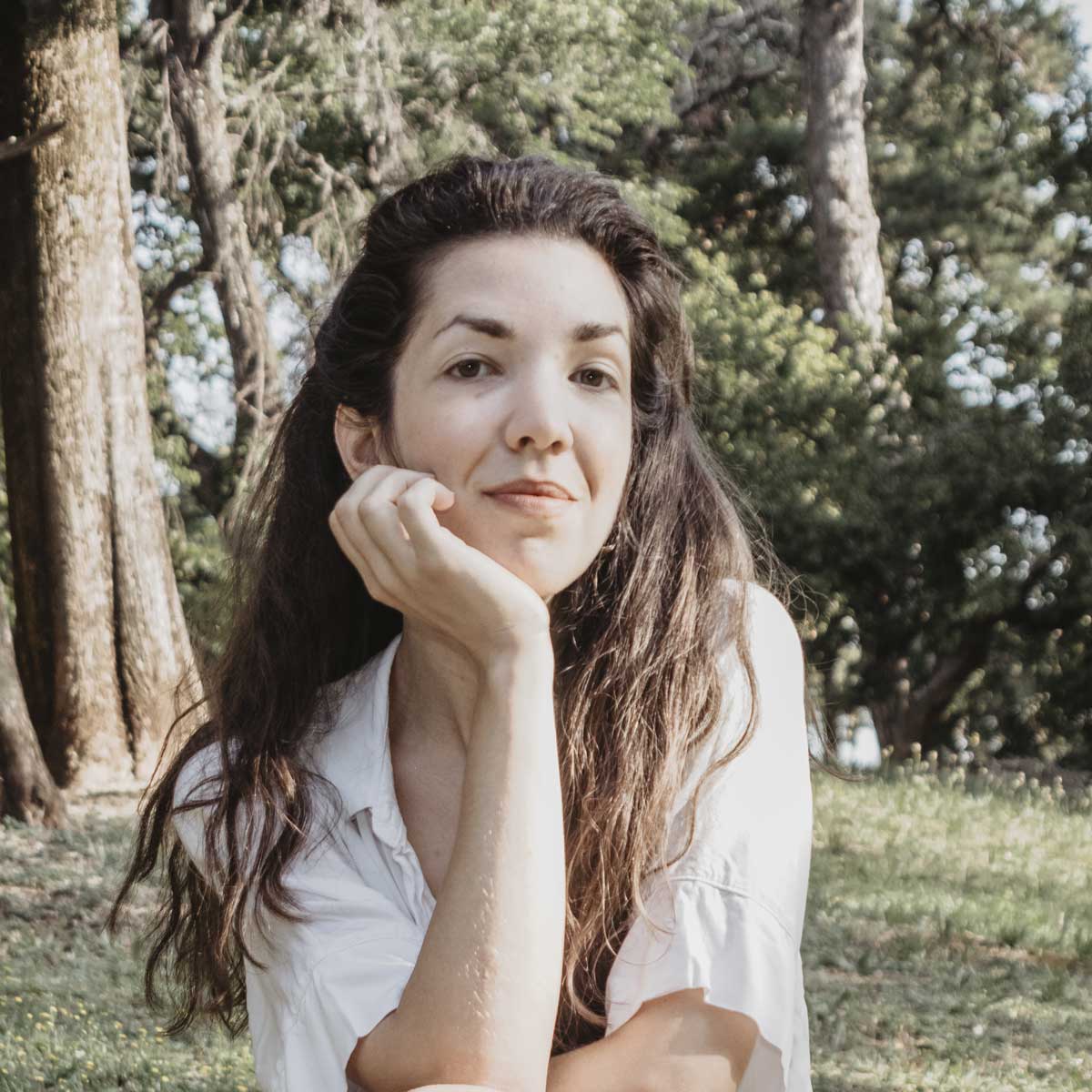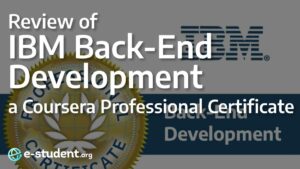Although I’m not a filmmaker, I’ve always been drawn to learning more about the craft and the intricacies of the filmmaking process.
Luckily, I’ve had an opportunity to take several film-related MasterClasses, and I was excited to add Ron Howard’s Directing MasterClass to the list.
I knew that he was a successful director with many interesting projects behind him, but is he also a good teacher?
In this review, I’ll tell you everything about my learning experience so you can decide for yourself whether his filmmaking course meets your expectations.
I’ll talk about the content, target audience, highlights, and potential drawbacks, and I’ll give you my honest verdict.
Let’s dive in!
Table of Contents

What is the Ron Howard MasterClass?
What is the Ron Howard MasterClass?
“Ron Howard Teaches Directing” is an online course offered by MasterClass, a popular learning platform known for its team of expert instructors.
The course is taught by Ron Howard, an esteemed American director, actor, screenwriter, and producer. He is best known for directing Apollo 13, The Da Vinci Code, and Solo: A Star Wars Story, and many other notable movies.
In his MasterClass, Ron talks about the entire process of making a movie, from choosing a story to post-production. He explains how to evaluate the script, develop the film, work with actors, collaborate with composers, and much more.
The MasterClass contains 32 video lessons with a duration of 7 hours and 48 minutes in total. Compared to other similar MasterClasses, it’s very long and detailed, allowing learners to get a deep understanding of the topic.

Who is Ron Howard?
Ron Howard is an American director, film producer, actor, and screenwriter.
He started his career as a child actor when he appeared in a couple of TV shows, including The Andy Griffith Show. He also appeared in the sitcom Happy Days, where he became a household name.
In the 1980s, he went on to direct and produce and created a variety of shows and films, including Night Shift, Splash, and Cocoon. In 2001, he won the Academy Award for Best Director and the Academy Award for Best Picture for A Beautiful Mind.
Some of his other notable movies include Apollo 13, Frost/Nixon, Solo: A Star Wars Story, and The Da Vinci Code series.
Ron Howard is hands down one of the most experienced individuals in the industry, and his MasterClass provides a unique chance to take a behind-the-scenes look at his process.
Who is Ron Howard’s MasterClass for?
In his Directing MasterClass, Ron talks about the entire process of directing a film. Each lesson is dedicated to a specific stage, such as refining the script, working with actors, editing, and so on.
Ron is very meticulous about it – he approaches his lessons the same way he approaches his movies.
Therefore, this class is ideal for anyone interested in the technical details of making a movie.
Since Ron gives many examples from his career and dissects the scenes from some of his famous films, the course is also great for admirers of his work and cinema in general.
It’s a beautifully shot and insightful course that will satisfy every movie buff.
To some things up, here are some of the people who will benefit the most from this course:
- Aspiring directors
- Film students
- Movie lovers
- Admirers of Ron Howard’s work
What does Ron Howard's MasterClass cover?
When directing a movie, Ron likes to divide his process into three phases:
- Development and prep
- Production
- Post-production
In his MasterClass, he explains what each phase entails while giving examples and sharing practical tips.
It’s a well-rounded course that delves into all aspects of making a movie, both technical and emotional.
There are also immersive case studies and behind-the-scenes lessons that allow you to observe Ron while working with his actors and crew.
In terms of content, here is what each lesson includes:
- Lesson 1 is an introductory lesson where Ron introduces himself and the course.
- Lessons 2-5 deal with finding stories and evaluating and refining the script. There are also case studies where Ron explains what inspires his movies like Splash and A Beautiful Mind.
- Lesson 6 covers the part where you start turning ideas into action.
- Lessons 7-8 are focused on collaboration.
- Lessons 9-12 cover cinematography and production design. Ron also talks about his movie Frost/Nixon to discuss his cinematography and production design decisions.
- Lesson 13 delves deeper into research and what it means for the vision of your movie.
- Lessons 14-16 contain deconstructions of the scenes from Raiders of the Lost Ark, Apollo 13, and A Beautiful Mind.
- Lessons 17-19 deal with casting and working with actors.
- Lessons 20-27 dive deeper into Frost/Nixon and include staging rehearsals, shooting for coverage, Steadicam staging, and a review of the staging exercises.
- Lessons 28-29 cover editing. Ron explains what makes a great editor and teaches how to develop an editing style for your film.
- Lessons 30-31 contain Ron’s views and tips regarding sound design and music.
- Lesson 32 is the final lesson, where Ron shares his advice for young filmmakers.
My favorite parts of Ron Howard’s MasterClass
Although it’s long, technical, and detailed, I had a great time taking Ron’s course.
After all, how often do you get a chance to observe the filmmaking process of some of the iconic movies like Apollo 13?
Getting the behind-the-scenes look and learning more about the thought process behind these stories was truly remarkable.
And none of this would be possible without Ron’s enthusiasm and teaching skills.
Each lesson is a highlight in its own way, but here are a few of my personal favorites.
Choosing a story

As a writer, I’m always curious about what makes a good story and what inspires authors and filmmakers to focus on that particular idea.
For Ron, finding a good story means finding a story that he is excited about. It’s an emotional thing, he says, rather than an intellectual one.
In this chapter, he also talks about the importance of freshness. There is always something ‘old’ or traditional in each story, but it’s crucial to add something new or approach it in a different way.
Developing the film

This chapter deals with the next step: turning ideas and stories into action. That includes establishing a budget, location scouting, and other pre-production activities.
According to Ron, it all comes down to the question of what is that feeling that the audience needs.
Also, many directors need to make compromises due to budget limitations, but sometimes these compromises can work really well for the film.
Scene deconstruction: Apollo 13

In my opinion, scene deconstructions are the most exciting part of this course.
Since I’m a fan of space movies, discovering the production details behind Apollo 13 was beyond cool – Ron walked me through the launching scene and explained how they build anticipation.
It was also interesting to see how they meticulously recreated some elements and created some of the scenes without CGI.
How much does the MasterClass cost?
MasterClass is a subscription-based learning platform, so it’s not possible to purchase courses individually. If you want to take this MasterClass, you have to become a subscriber.
The standard annual plan has been renamed "Plus" and is available at $120 a year (which makes it $10 per month, billed annually), and now provides access to all MasterClass courses on two devices instead of one. The Premium plan, providing access for up to six devices costs $240 per year.
A MasterClass subscription gives you unlimited access to a catalog of 200+ classes, so if you want to take multiple classes throughout the year, the subscription is definitely worth it, and there are pleny of interesting courses on related topics to explore.
Also, the platform offers a 30-day satisfaction guarantee, so if you’re not happy with your learning experience, you can request a full refund.
Note that the "Standard" membership, priced at $72 per year, only gives you access to their short-form learning content – none of their full MasterClasses are included.
What I liked about Ron Howard’s MasterClass
I took many memorable film-related MasterClasses, but Ron’s course is probably the most detailed one.
While his lessons might get too technical and detailed for casual learners (like me), getting an immersive, in-depth look at the filmmaking process was actually an amazing experience.
At the end of the day, this is MasterClass – lessons should provide a deep understanding of the topic.
Now, here are the main reasons why I believe this course is worth exploring.
Immersive lessons
First of all, Ron’s lessons were very immersive. He shared many personal experiences, stories, and concrete examples that helped me understand him better and retain the knowledge.
Behind-the-scenes shots and rehearsals also felt very immersive. I felt as if I was on the set with Ron and the crew, and that’s not something you experience in every MasterClass.
Fascinating scene deconstructions
During scene deconstructions, Ron would sit in front of the big screen and explain specific scenes. He talked about Apollo 13, Raiders of the Lost Ark, and A Beautiful Mind, explaining why and how the scenes were shot.
Engaging teaching style
Ron is a great teacher, in my opinion. He is warm and friendly but also eloquent and meticulous, and he knows exactly what he wants to say in each lesson.
Concrete, practical tips
One of the reasons I think Ron is a good teacher is the quality of his advice. He provided many tips that are specific and useful throughout his MasterClass, which makes the course feel more practically grounded than most other filmmaking MasterClasses.
Drawbacks of Ron Howard’s MasterClass
I’m glad I had an opportunity to take Ron Howard’s course, but I’m also aware that his course isn’t for everyone.
Might be too long for some learners
With a duration of almost 8 hours, Ron’s course is rather lengthy compared to many other MasterClasses.
I personally don’t see that as a downside since I believe the purpose of taking a MasterClass should be gaining new, valuable knowledge and not just a superficial look at the topic.
On the other hand, I understand that some lessons might get too long and technical for some learners. For instance, Frost/Nixon staging rehearsals could have been a bit more concise.
But it all depends on your personal preferences and expectations.
Alternatives to Ron Howard's MasterClass
If you’re subscribed to MasterClass, taking a look at Ron’s course won’t cost you anything.
But even if you aren’t, and if this seems like your cup of tea, I think it’s worth taking it.
Of course, taking a single MasterClass course is a bit expensive, but there are other film-related courses you can check out.
For instance, James Cameron’s Filmmaking MasterClass is a bit shorter than Ron’s class, but it offers just as much value. Cameron teaches his filmmaking techniques and breaks down the iconic scenes from Terminator, Aliens, and Titanic.
Martin Scorsese’s Filmmaking MasterClass is another class taught by an absolute filmmaking legend, so it’s also worth checking out.
And if you’re fond of Lynchian scenes, you should consider taking David Lynch’s Creativity and Film MasterClass.
Review conclusion: Is Ron Howard’s MasterClass worth it?
Ron Howard’s Directing MasterClass is an incredibly insightful, well-rounded course that will appeal to any aspiring filmmaker and movie lover.
Compared to some other similar MasterClasses, it’s rather detailed, providing a look at each phase of the filmmaking process from a director’s perspective.
And we’re not talking about any director – we’re talking about the director of movies like Apollo 13 and A Beautiful Mind.
Ron Howard turned out to be a great teacher, friendly and engaging, and his meticulous approach to work certainly reflects in his teaching style as well. The lessons are also very practical and immersive, as you can see Ron directing rather than just listen to him talk about it.
All things considered, if you want to learn more about developing the film, working with actors, cinematography, and editing, Ron Howard’s course won’t let you down.
For a limited time, up to 50% off your subscription.




